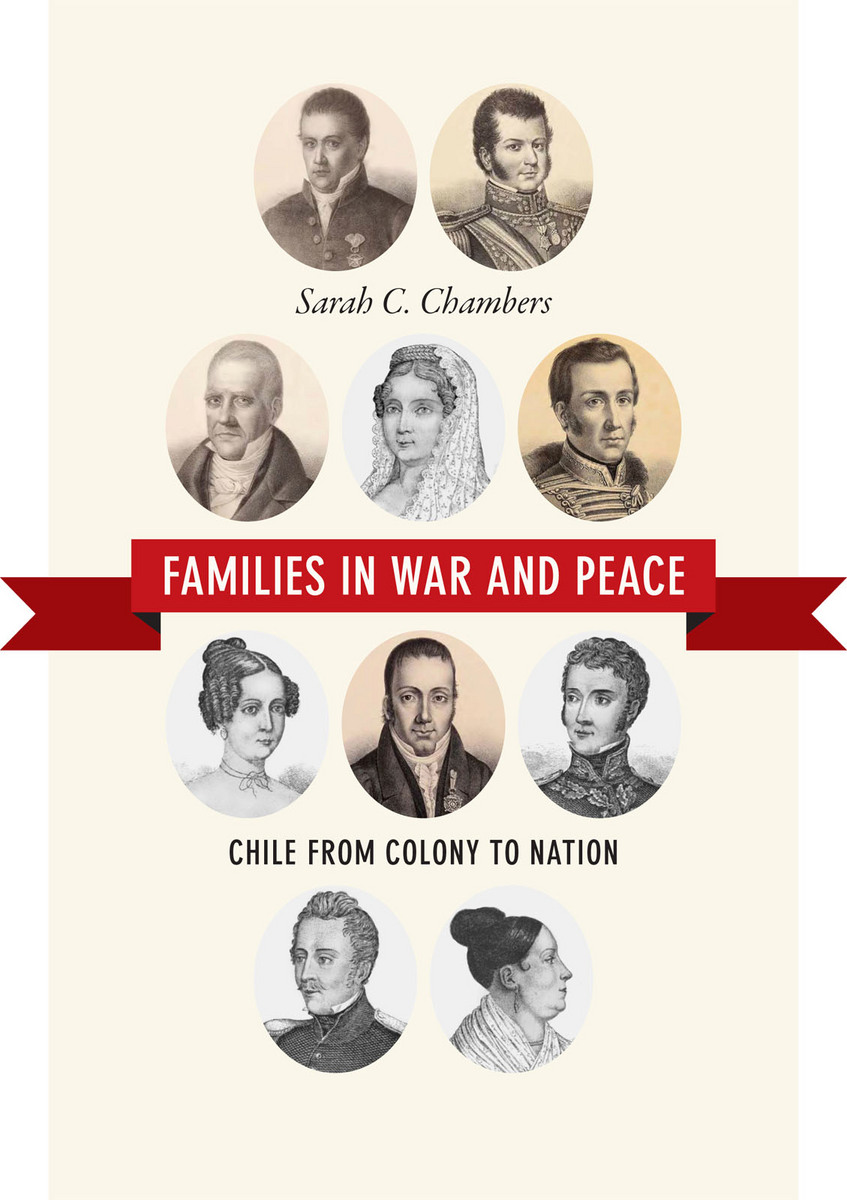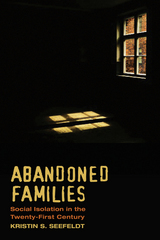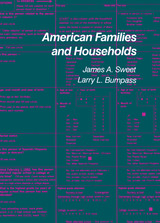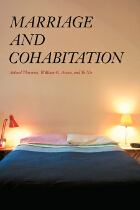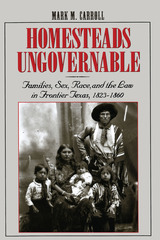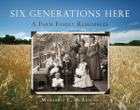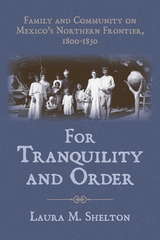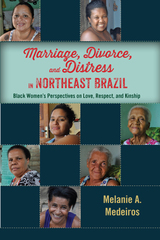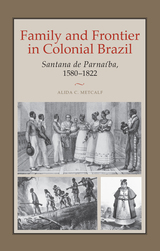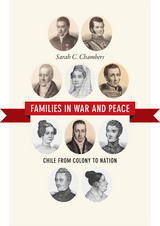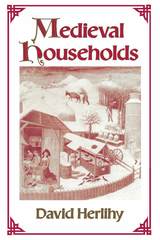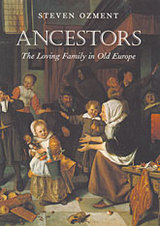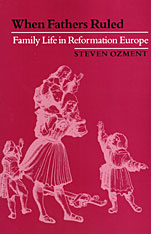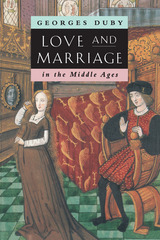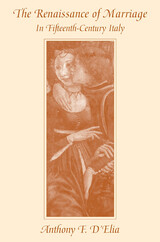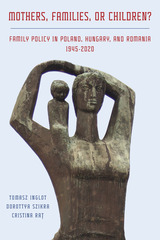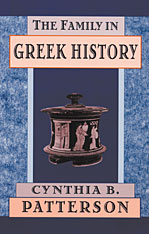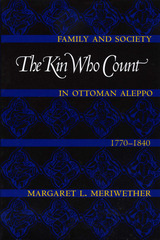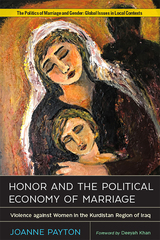Families in War and Peace: Chile from Colony to Nation
Duke University Press, 2015
Cloth: 978-0-8223-5898-5 | Paper: 978-0-8223-5883-1 | eISBN: 978-0-8223-7556-2
Library of Congress Classification HQ595.C436 2015
See other books on: Chambers, Sarah C. | Chile | Colony | Nation | Peace
See other titles from Duke University Press
Cloth: 978-0-8223-5898-5 | Paper: 978-0-8223-5883-1 | eISBN: 978-0-8223-7556-2
Library of Congress Classification HQ595.C436 2015
ABOUT THIS BOOK | AUTHOR BIOGRAPHY | REVIEWS | TOC | REQUEST ACCESSIBLE FILE
ABOUT THIS BOOK
In Families in War and Peace Sarah C. Chambers places gender analysis and family politics at the center of Chile's struggle for independence and its subsequent state building. Linking the experiences of both prominent and more humble families to Chile's political and legal history, Chambers argues that matters such as marriage, custody, bloodlines, and inheritance were crucial to Chile's transition from colony to nation. She shows how men and women extended their familial roles to mobilize kin networks for political ends, both during and after the Chilean revolution. From the conflict's end in 1823 until the 1850s, the state adopted the rhetoric of paternal responsibility along with patriarchal authority, which became central to the state building process. Chilean authorities, Chambers argues, garnered legitimacy by enacting or enforcing paternalist laws on property restitution, military pensions, and family maintenance allowances, all of which provided for diverse groups of Chileans. By acting as the fathers of the nation, they aimed to reconcile the "greater Chilean family" and form a stable government and society.
See other books on: Chambers, Sarah C. | Chile | Colony | Nation | Peace
See other titles from Duke University Press
